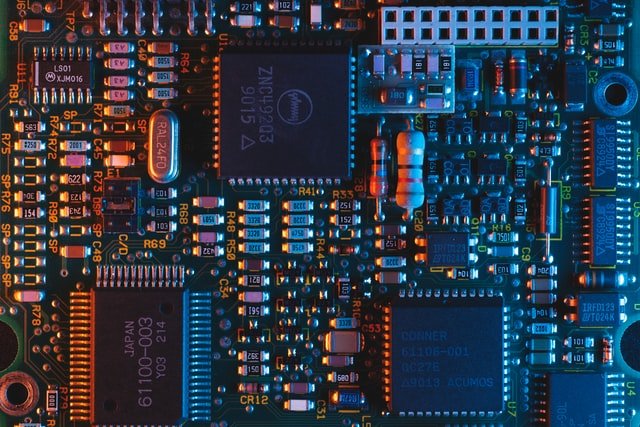New European chip law could ease supply-demand imbalance

New European chip law could ease supply-demand imbalance
The regulation aims to secure an investment of 42 billion euros by 2030, to make state aid more flexible for an industry that has weakened significantly on the continent in recent years.

A new law on chips prepared by the European Commission (EC) could mitigate the mismatch between supply and demand for semiconductors in the EMEA region, which saw a 24.4% increase in demand in 2021, making the region the second fastest growing region in world, according to research by consulting firm IDC. This new regulation aims to make state aid to industry more flexible by investing 42 billion euros in public and private resources by 2030, of which 30 billion euros will come from next-generation EU funds, so that the old continent becomes more important in its production – currently only producing 10% of the world’s chips, much less than Southeast Asia and the United States – up to 20% worldwide.
The report shows that since the start of the widespread shortage of semiconductors, the EU industry has been hit hard, especially sectors such as the automobile industry. “The number of chips per device is increasing every year as a result of the digital transformation process in the industrial environment,” says Rudy Torrijos, Director of Analytics at IDC. “If we want to maintain Europe’s share of this market, we need to invest more in production in the next decade.” In addition, the expert notes, European countries had the opportunity to invest in research under the 2018 European Common Interest (ICPCEI) project, but very few people joined the initiative.
Check also:
In any case, the report says, the new regulation focuses on the “real focus of the problem,” the vulnerability of the supply chain to outside technologies. Likewise, “it also applies to the field of permitting and certification, framework investments, access to SMEs, and tools for anticipating future problems.” However, the consultancy says it will be a long time before we see the results of the new policies. “Given the current chip shortage and its butterfly effect over time, a wait-and-see approach is not the best strategy for technology providers and customers. More proactive steps are needed, such as adopting open global value chains and accelerating the transition to hardware-independent solutions,” he says. Fellow IDC Analyst Andrea Severo.
Source: Computerworld Spain
.



